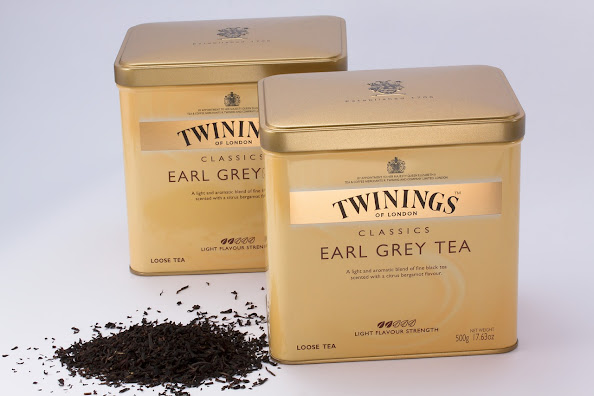Fraud
The only problem that I have with Paypal is the number of fake emails that I receive. Of course, I easily identify them as they come in and luckily, G Suite (Gmail) does an excellent job at blocking all spam and phishing.
Today, I received the email below: it is a survey and the link behind "Répondez à l'enquête" points to a domain name which is not the one from Paypal (paypal.com):
As a person with a minimum knowledge about domain names, I always use my mouth to check the hyperlink prior to clicking on it and when I read that it is not a paypal.com domain name but a www.paypal-survey.com, I always wonder: "hey: is it an official website from Paypal or is it another trick from a squatter or a frauder?"
Brands and multiple domains
Paypal uses many different domain names; its main one (paypal.com), ccTLDs (paypal.fr) and probably some more like paypal-survey.com. These are domain names that we use to deal with Paypal and the Brand probably has a lot more registered, for the sole purpose of securing its assets.
We are in a typical case here where a Trademark can confuse its clients with too many domain names and that same question comes back again: "is this really from Paypal: how can I be sure about this?"
The only problem that I have with Paypal is the number of fake emails that I receive. Of course, I easily identify them as they come in and luckily, G Suite (Gmail) does an excellent job at blocking all spam and phishing.
Today, I received the email below: it is a survey and the link behind "Répondez à l'enquête" points to a domain name which is not the one from Paypal (paypal.com):
 |
| (apologies to my English readers) |
Brands and multiple domains
Paypal uses many different domain names; its main one (paypal.com), ccTLDs (paypal.fr) and probably some more like paypal-survey.com. These are domain names that we use to deal with Paypal and the Brand probably has a lot more registered, for the sole purpose of securing its assets.
We are in a typical case here where a Trademark can confuse its clients with too many domain names and that same question comes back again: "is this really from Paypal: how can I be sure about this?"
The .PAYPAL new gTLD
Domain names ending in ".paypal", instead of ".com" offer an incredible advantage in terms of trust: would Paypal apply and use the .PAYPAL new gTLD in the next round of the ICANN new gTLD program, it would answer one problem that I have as a client: anything belonging to Paypal could be identified behind domain names ending in ".paypal".
Old ".com" domain names can be registered by anyone so it is easy - and fast - to create a fraud based on a domain name using the "paypal" sign. Domain names registered in ".paypal" offer the advantage that they would be registered by the Paypal trademark only: no possible fraud using ".paypal" domain names here.
Domain names ending in ".paypal", instead of ".com" offer an incredible advantage in terms of trust: would Paypal apply and use the .PAYPAL new gTLD in the next round of the ICANN new gTLD program, it would answer one problem that I have as a client: anything belonging to Paypal could be identified behind domain names ending in ".paypal".
Old ".com" domain names can be registered by anyone so it is easy - and fast - to create a fraud based on a domain name using the "paypal" sign. Domain names registered in ".paypal" offer the advantage that they would be registered by the Paypal trademark only: no possible fraud using ".paypal" domain names here.


No comments:
Post a Comment